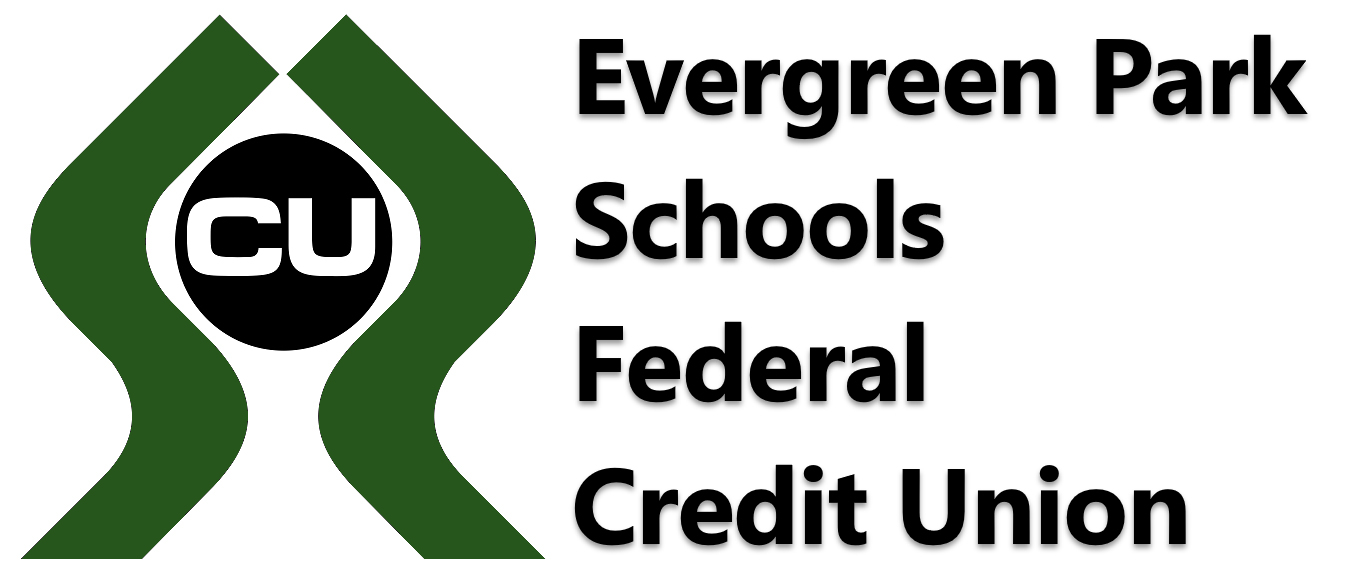If you are leasing a vehicle and nearing the end of your commitment, you are probably wondering whether to return the vehicle and walk away, return it and lease another one or buy the vehicle outright that you have been leasing. There are benefits and drawbacks to each of these. You will need to educate yourself about your lease and the options you have as the lease term ends to put yourself in the best position to make the right choice.
Costs Associated with a Lease Buyout
The condition of the vehicle and mileage over the life of the lease will affect your costs. Your lessor will inspect the vehicle to assess any damages such as a cracked bumper or excessive door dings. You should check your lessor’s guide to determine the parameters but generally you will be charged for any repairs on the vehicle above a certain threshold if you turn the vehicle in.
Additionally, leasing contracts often limit your mileage over the lease period and when you surpass that cap, you can be charged a fee for each additional mile. A lease buyout typically eliminates the high-mileage penalty. You will find this information in your leasing contract.
Calculating the Vehicle’s Value
If you decide to buy the vehicle you are leasing, you should conduct the same due diligence as you would when buying any other used vehicle. It’s easy to do the research yourself by going to websites such as KBB.com or JDPower.com. You will enter the year, make, model, any extra features and mileage on the vehicle. Also don’t forget to take into consideration whether the vehicle is still under warranty. For example, if you had a two-year lease and relatively low mileage, that could work in your favor. The vehicle may still be under the manufacturer’s warranty.
Residual Value vs. Market Value
It is important that you understand the distinction between a vehicle’s residual value and its market value.
The residual value of your vehicle is estimated by the leasing company at the beginning of the lease. If you decide on a buyout, you will pay the residual value plus any fees to own the vehicle at the end of the lease.
The market value is the amount you could reasonably expect to get if you sold the vehicle or used it as a trade in.
The difference between the two can work to your benefit when market values are higher than residual values. You will need to do some thorough research which may not only save you money, but potentially turn the trade-in into a profitable situation. Even if you don’t want to keep the vehicle, if it is worth more than the lease buyout, the difference could provide equity toward your next vehicle.
On the flip side, if the residual value is higher than the market value, you may not want to proceed with the buyout. For example, if the leasing company wants more than $20,000 for a car with a market value of $18,000 and your mileage cap surcharge adds another $2,000, you may be overpaying. You may also need to pay sales tax on the residual value of the vehicle depending on your state.
Financing Your Lease Buyout (Evergreen Park Schools Federal Credit Union can help!)
A lease buyout loan provides the financing you need to purchase the vehicle. This loan is then payable in monthly payments like any car loan. Some possible benefits of a lease buyout include:
- Avoiding a large payout for the vehicle;
- Paying and investing in a vehicle you will own outright once the loan is paid in full; and
- Possibly having equity in your vehicle that could be used for a future vehicle purchase.
If you decide to take this route, you should compare the financing offer from the lessor with the rates at Evergreen Park Schools Federal Credit Union. We may be able to get you a much better interest rate than the dealer can offer. And remember, we pull your credit only once – and it’s a soft pull which will not affect your credit score. So, give us a call to help with buying out your lease and saving your hard-earned dollars.


